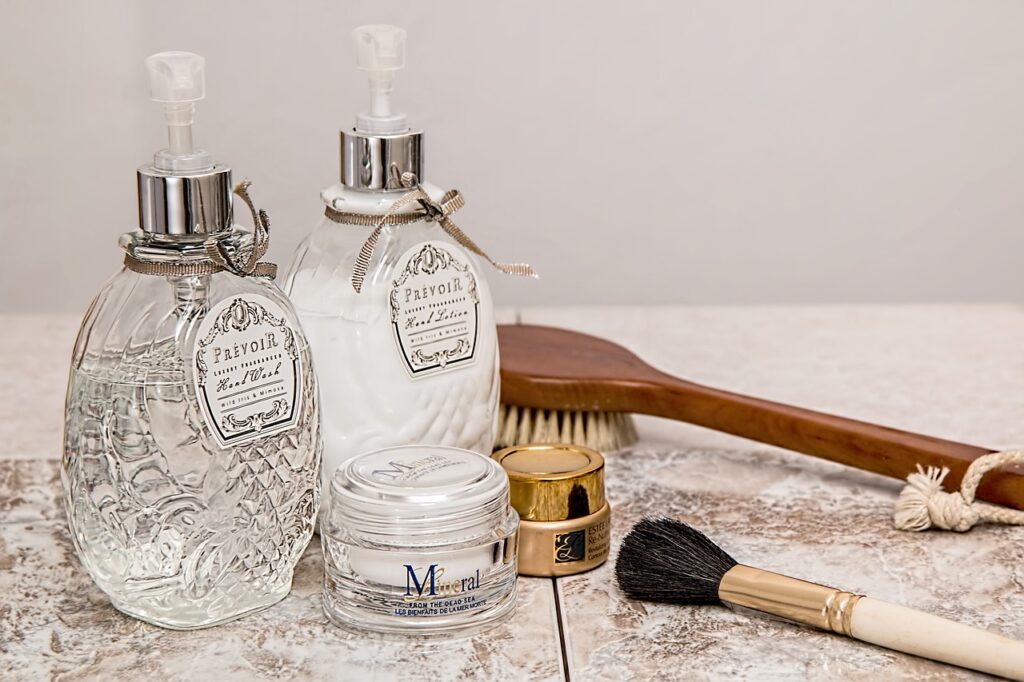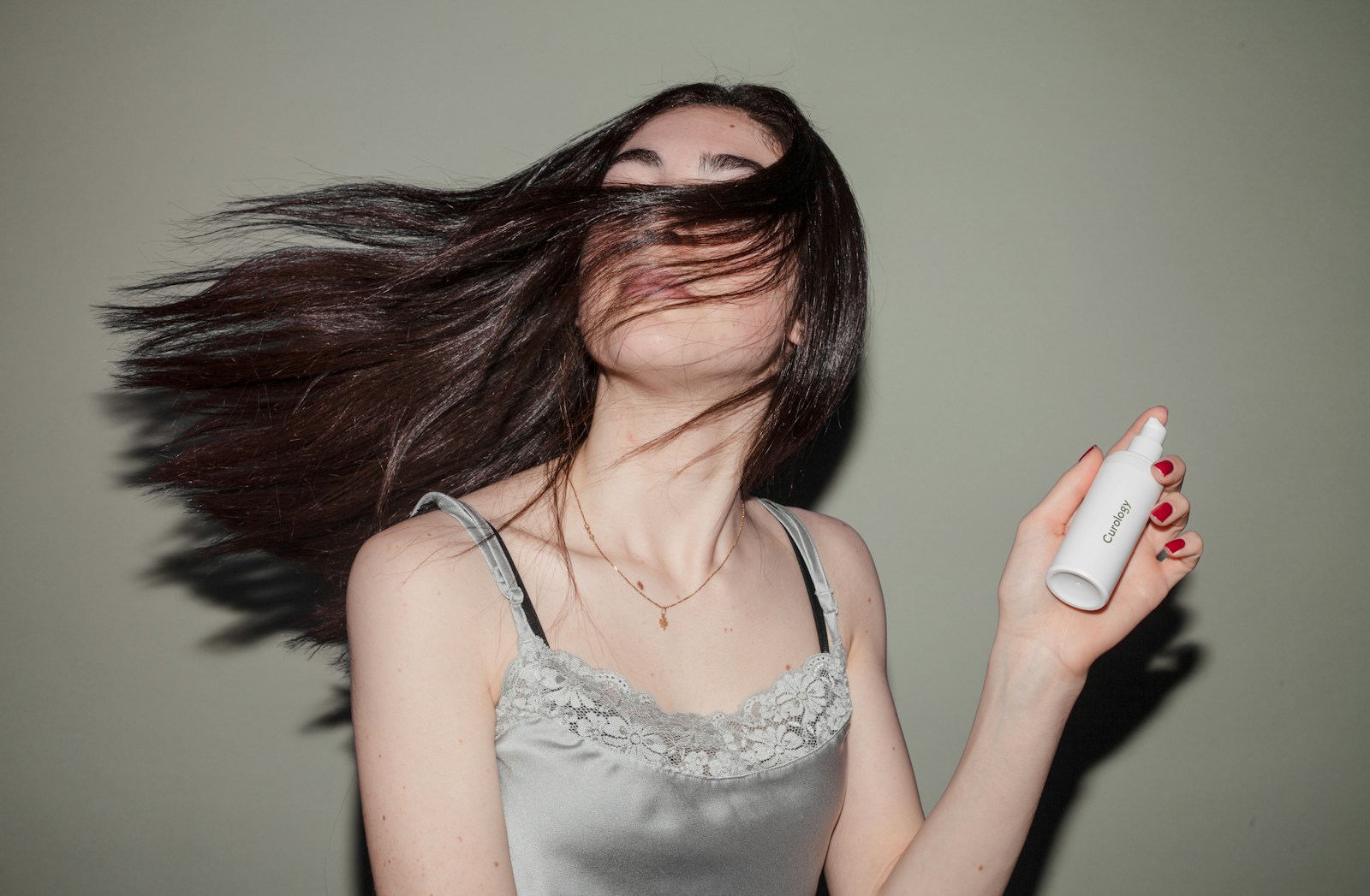Winter is creeping in, in which case the drop in temperature and humidity can really zap your skin and it can feel a little off-kilter. It is brutally cold, dry, and pulls the moisture out of your skin leaving it dry, itchy and irritated. ‘Dry skin is a common cause of unhealthy skin,’ says dermatologist Alexandra Coromilas, MD. Healthy skin is also important because it is the first line of defense against allergens, irritants and infections.
The first step in getting that winter glow is to understand the science behind the dry skin. It is the job of the skin’s outer most layer of the stratum corneum to retain the water. But during that time, when the cold weather, low humidity levels make you feel dry indoors and outdoors, you’re unlikely to replace the natural oil that dehydrates your skin. While Dr. Coromilas acknowledges how essential it is to drink water for the overall body hydration, she concludes that skincare regimen is crucial in keeping the skin hydrated.
The problem can become aggravated by aging, medications and such conditions as such as reduced natural oil production and increased water loss. Dr. Coromilas adds, ‘Your skin is your first line of body defense. It’s such a boundary between you and the rest of the world.’ Dry skin means your skin is not protected from environmental stressors and is far more at risk of infection.
While not as fascinating-sounding, so what does healthy skin actually look like? Usually it is soft, smooth and even, not flaking or peeling. In order to keep this appearance up during the winter months, it is important to make some small changes to your skincare routine.
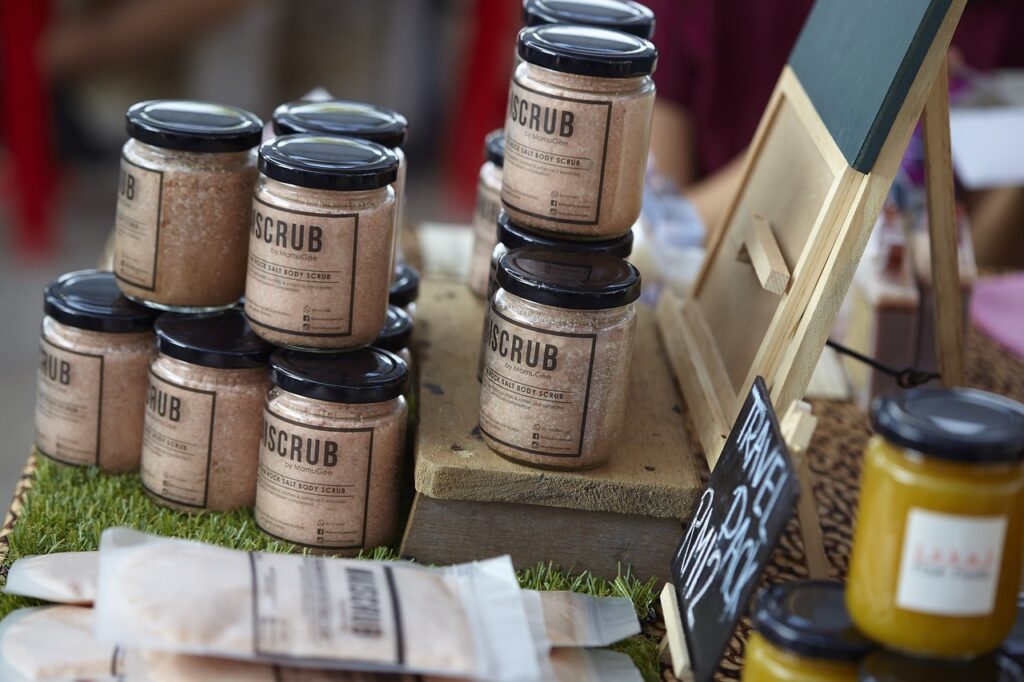
Start with cleansing. The key here is to be gentle. Choose a cleansing cream or lotion cleanser, as they’re far less likely to remove your skin’s natural oils than foaming cleansers. Oil cleansers, being both cleansing and moisturizing, make an exceptionally good choice for sensitive skin, and provide an alternative to other types of cleansers o based. With this approach, after your skin washes, you don’t feel tight or dry.
Product on Amazon: JUNO & Co. Clean 10 Cleansing Balm 10 Ingredients Makeup Remover 85g / 3.0oz
Brand: JUNO & Co.
Price: $ 14.99
Rating: 4.6 with 16,925 ratings
Another method for keeping your skin in top condition is to alter your bathing routine. However, shorter showers or baths can be a good thing — too much time in the bath can strip away the skin’s natural oils. It’s also a good idea to keep shower water cool rather than hot; hot water can wash away the skin’s natural oils. Gentle, fragrance free soap or moisturizing non soap cleansers are other options to consider. Dr. Coromilas advises: ‘Wet skin is best trapped in moisture after you bathe or shower, applying moisturizer immediately.’
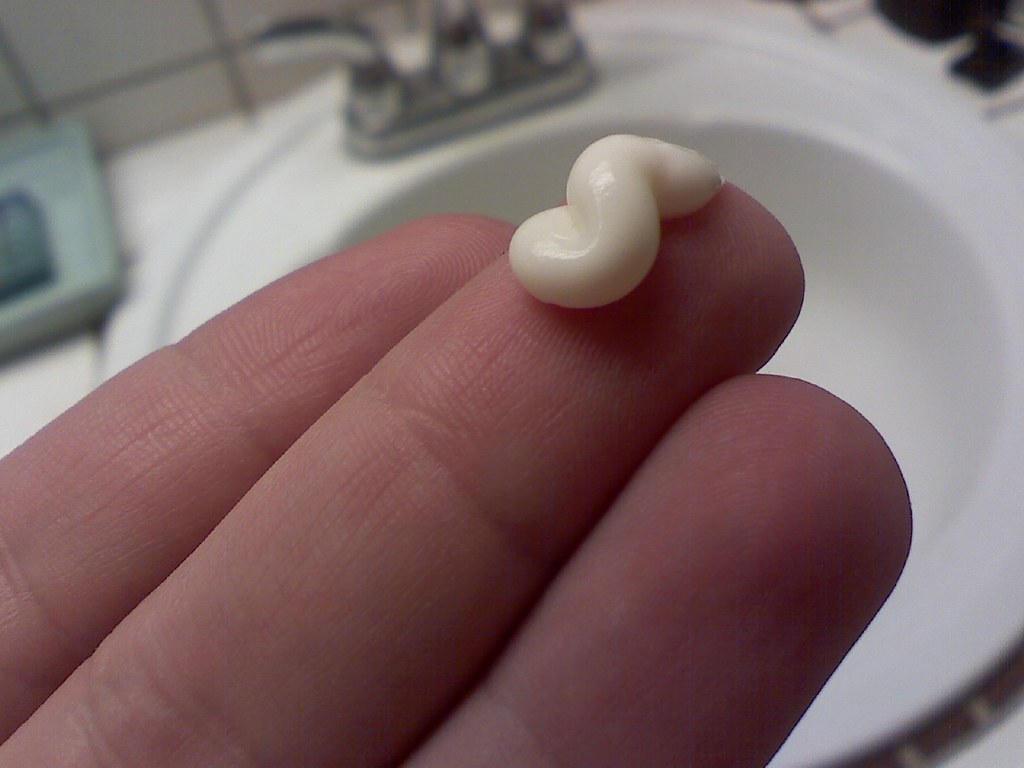
Like most winters, skin is also in need of miniaturization too. Dermatologists also highlight how changing the lotion to a thicker cream or ointment can really help your skin during these months. Glycerin, hyaluronic acid, and even ceramides are your allies at work, drawing in moisture and helping to strengthen the skin barrier. If you don’t do this, try applying your moisturizer on slightly damp skin to seal in hydration more easily.
Product on Amazon: CeraVe Moisturizing Cream | Body and Face Moisturizer for Dry Skin | Body Cream with Hyaluronic Acid and Ceramides | Daily Moisturizer | Oil-Free | Fragrance Free | Non-Comedogenic | 19 Ounce
Brand: CeraVe
Price: $ 17.78
Rating: 4.7 with 128,504 ratings
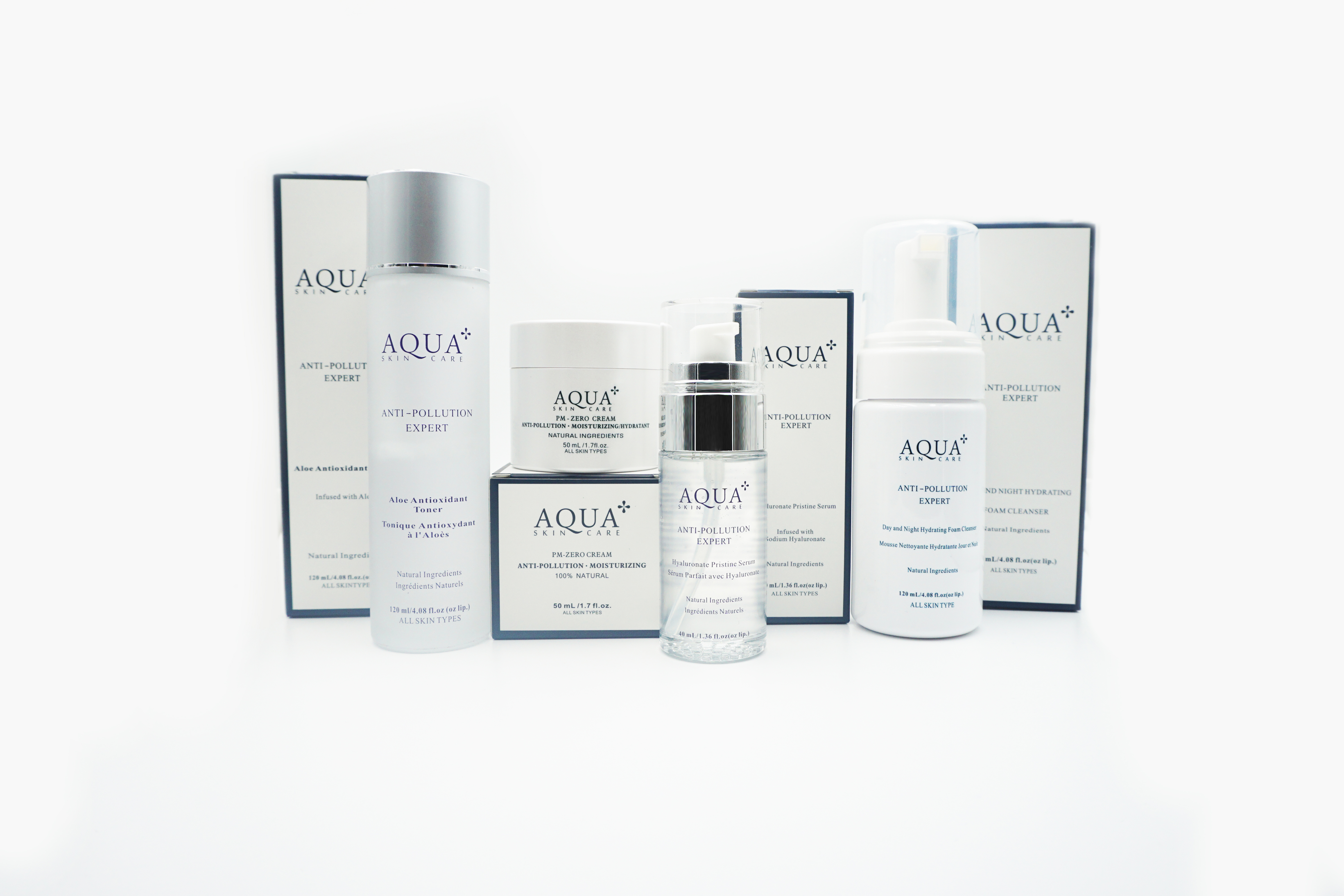
The right moisturizer is a decision that cannot be ignored. In winter creams tend to be better as they have more oil and less water than lotions, which means they are more moisturizing. An ointment can help your hands and feet — ointments block water loss and reinforce the skin’s protective barrier, improving hydration. The good news is that keeping humidity high in your home is another ally in the fight against dry indoor air—provided you have a humidifier.
Product on Amazon: Cetaphil Face & Body Moisturizer, Hydrating Moisturizing Cream for Dry to Very Dry, Sensitive Skin, NEW 16 oz 2 Pack, Fragrance Free, Non-Comedogenic, Non-Greasy
Brand: Cetaphil
Price: $ 18.99
Rating: 4.8 with 7,482 ratings
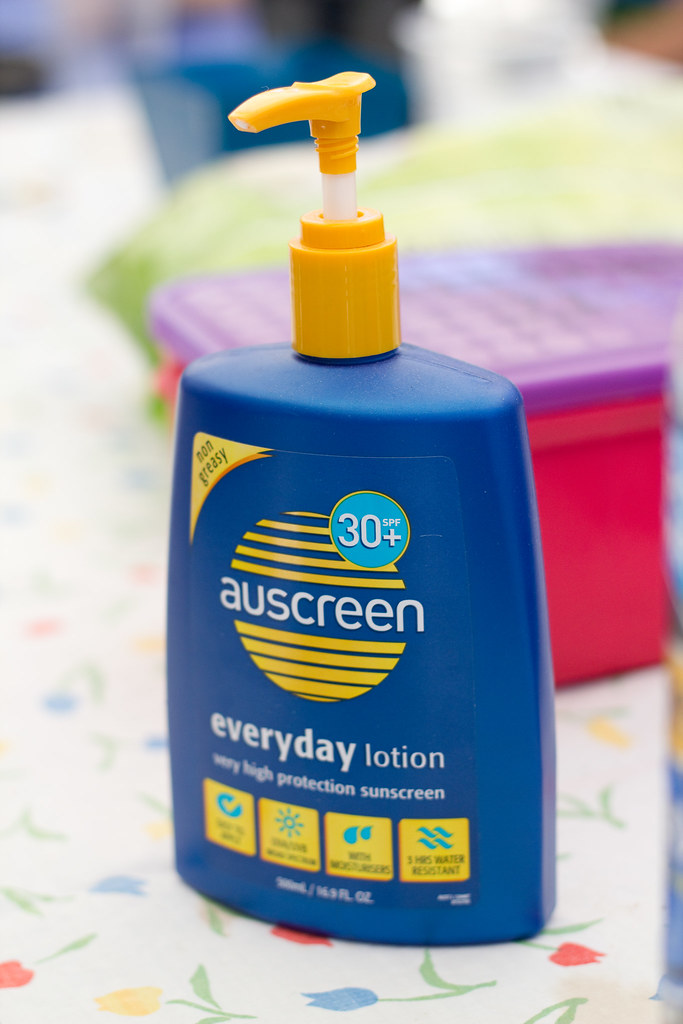
For me, the non-negotiable part is a minimum of the best quality sunscreen in your daily routine, even during winter. UV protection is still necessary, and the sun’s rays never go away. Go for SPF 30 or above sunscreen and if you can go for a mineral-based one with zinc or titanium which is less likely to okay irritation. Reflective surfaces, like snow, can increase exposure to UV if you’re involved in winter sports, so remember that.
Product on Amazon: EltaMD UV Clear Face Sunscreen SPF 46, Oil Free Sunscreen with Zinc Oxide, Dermatologist Recommended Sunscreen
Brand: EltaMD
Price: $ 44.-00
Rating: 4.6 with 43,988 ratings
So when you’re looking to moisturize, become your own expert and look for ingredients like hyaluronic acid and glycerin that attract the moisture to your skin, and ceramides that help replenish your natural lipid levels. Harsh chemicals found in many products should be avoided because they can irritate or cause allergic reactions.
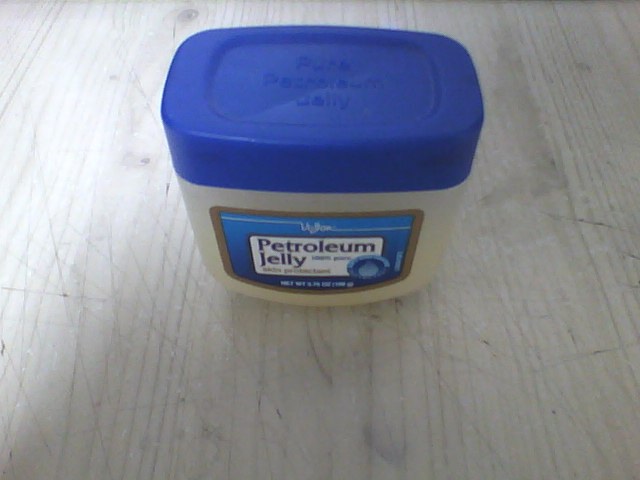
Winter weather doesn’t just affect what goes on in the skin on your face and body, fingers and toes can get dry and chapped too. Lip balms with preservatives are not recommended because they may cause irritation and petroleum jelly is better. On top of that, don’t lick your lips, as that can make dryness even worse and cause crack.
Product on Amazon: Vaseline Petroleum Jelly Original Provides Dry Skin Relief And Protects Minor Cuts Dermatologist Recommended And Locks In Moisture, 13 Ounce
Brand: Vaseline
Price: $ 15.03
Rating: 4.8 with 15,025 ratings
To have a great skincare regimen, first understand your skins unique needs. This means you have to adjust routine accordingly when it is winter, as there’s less humidity and cold winds. Internal and External hydration is an absolute must. Hydrating plenty of water is important but do know that hydration from within isn’t the only thing your skin requires. The key is to incorporate a hydrating skincare routine with the right products.
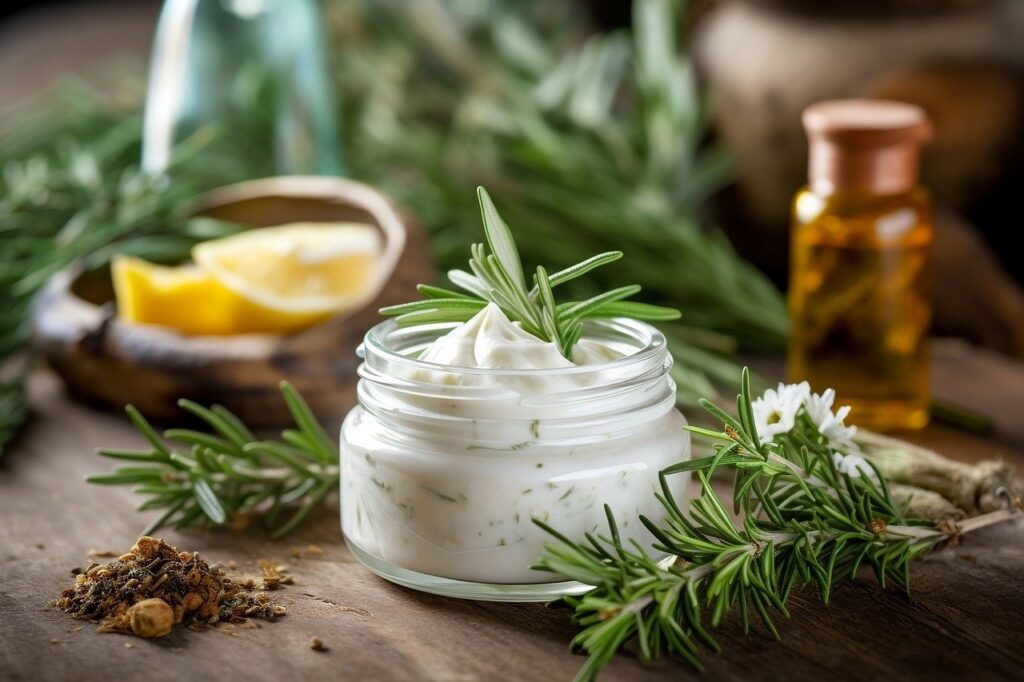
As far as winter activities go, running a humidifier at home can counter the drying effects of indoor heating systems. It’s a simple device that replenishes the air’s moisture to keep your skin’s hydration levels up there. Paying attention to your clothing choice also helps. Synthetic and wool materials can irritate dry skin, though keeping softer, breathable layers such as cotton on top can help.
A final note on product usage: The active ingredients of products we use during winter must be mindful. They can drive you crazy, such as exfoliates, retinoid, and even alcohol-based products, which can make you more dry and sensitive. In the case you use these products, get rid of them or at least decide to use those with a milder formulation. It’s about listening to your skin, always, and adjusting, as needed, in order to find balance for your skin best – ever.
The practice of winter skincare is patience, and consistency. This is all about nurturing your skin right with the right products and understanding what it really needs, and shedding pieces of products and adjusting things that keep it protected and hydrated at the right time. Following these expert tips means you can go into the colder months with skin that’s healthy, not hardened, and positively glowing.
Related posts:
A Dermatologist’s Guide to Healthy Winter Skin
3 Ways to Keep Your Skin Hydrated During Winters
12 Winter Skin Care Tips From A Dermatologist

